
Master specialized skills for a career in finance
Finance is a growing field with a need for specialized training and skills. In this fast-paced career, technical and decision-making skills are required to gather and evaluate information in a rapidly changing business environment.
Bachelor’s Degree Program
Build the skills to do rigorous analysis of financial information through various courses in managerial economics and financial analysis. These skills are in high demand across the corporate world and prized in government and not-for-profit sectors.
BS in FinanceMaster’s Degree Programs
Find the finance graduate degree that matches your interests. See a brief summary of each degree or click a program below for more information.
MS in Finance MS in Finance Technology and Analytics MS in Energy ManagementPhD Concentration in Finance
Develop strong research skills that are especially relevant for students interested in an academic career. Research seminars are held weekly, and each year, the finance area sponsors a speaker series to bring researchers from other universities to UT Dallas.
PhD in Management Science, Finance ConcentrationFinance Area Master’s Degrees
All Finance Area master’s degrees are STEM-certified.
The Master’s in Finance is offered for graduate students who have an interest in such areas as corporate finance, investment banking, financial analysis, private equity or real estate. Students can select alternatives designed to meet the educational requirements for the Chartered Financial Analyst (CFA®) or the CCIM designation.
MS in Finance (STEM)MS in Finance Cohort (STEM)
The Master’s in Finance Technology and Analytics (FTEC) is for graduate students who have an interest in financial technology (fintech) and financial data analytics.
MS in Finance Technology and Analytics (STEM)The Master’s in Energy Management is for graduate students who have an interest in such areas as energy economics and finance, operations across energy sectors and other energy issues. Students can prepare for the Energy Risk Professional (ERP) examinations.
MS in Energy Management (STEM)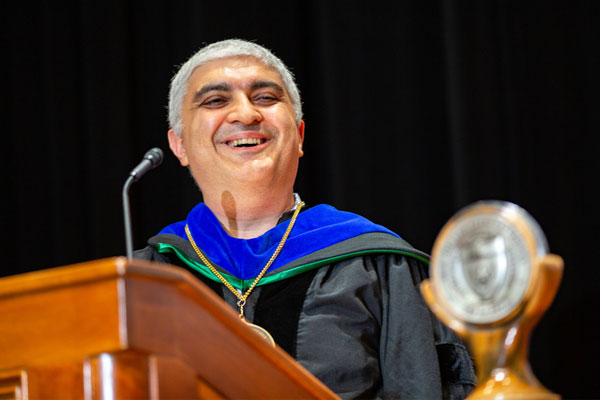
Finance Area Faculty
The Finance and Managerial Economics faculty bring state-of-the-art knowledge to the classroom and are actively engaged in research. Currently, they are studying:
- Asset Pricing and investment performance
- Financial markets
- Corporate financing
- The economics of intellectual property and information goods
- Experimental and behavioral economics
Faculty research has been published in leading academic and practitioner journals including: Journal of Finance, Journal of Financial Economics, Review of Financial Studies, American Economic Review, Journal of Political Economy, Journal of Portfolio Management and Journal of Derivatives.
Student Experiences
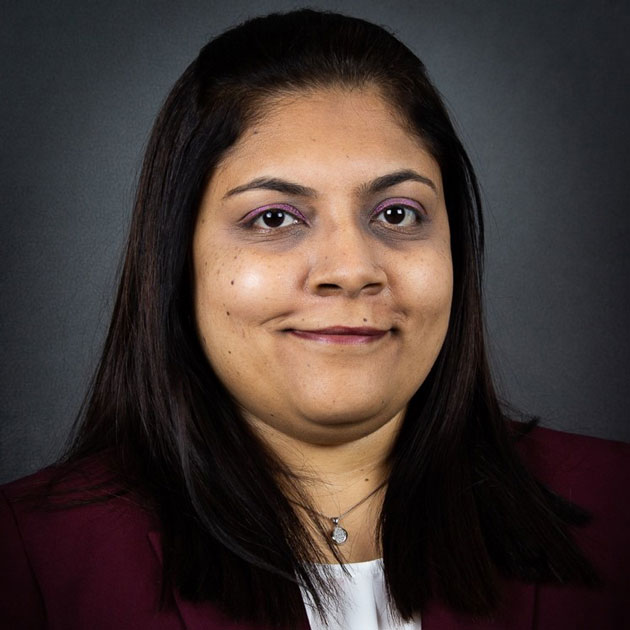
Inspired to Pursue a Second Master’s
I am an electrical engineer and have worked as an assistant professor for six-plus years. While working as a professor, I felt that it is equally important to learn the business side of the industry. And that thought inspired me to pursue my second master’s in energy management.
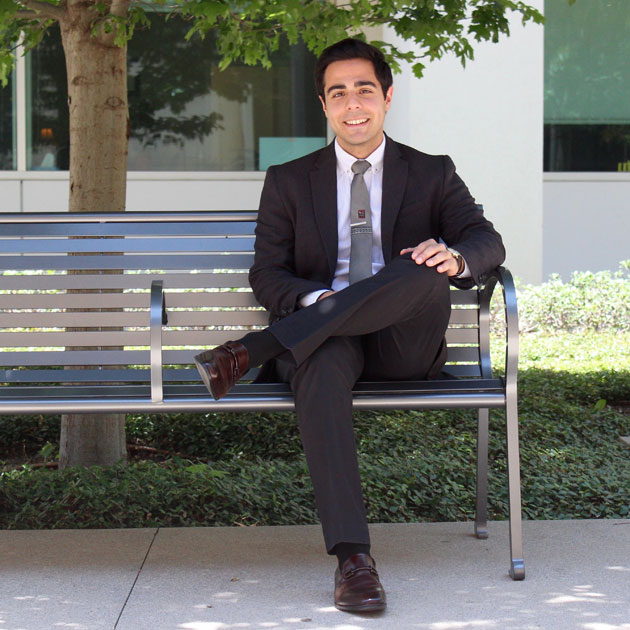
Policentric Revolutionizes Democratic Participation
Kamiar Kordi hopes to revolutionize politics by increasing awareness and connection between constituents and their representatives. In his interview, Kamiar shares how UT Dallas helped him reach for success and make a change.
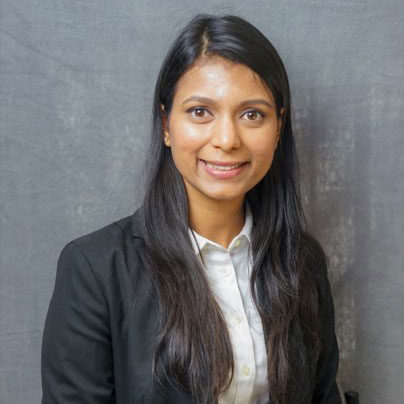
Takeaways From the Master’s in Finance Program
Nidhi Khetan, Class of 2020
As a child, I grew up listening to dinner-table conversations between my father, uncle and grandfather, discussing strategies to expand our business and overcome financial hurdles along the way. This struck a spark in me to understand how business and finance work.

Ankita’s Internship at KPMG in the Tax Department
Ankita Kapoor, a junior accounting and finance major at the Jindal School, recently interned with the tax department at KPMG, an international audit, tax and advisory company, to learn more about the work and see if it was right for her. In her interview, Ankita discusses the importance of an internship in ensuring your field is right for you before you graduate

Fernanda Muñoz’s Internship at Top Golf International
Fernanda Muñoz, a global business and finance student at the Jindal School of Management, accepted an internship at Top Golf International to dive into the field of finance. In this interview, Fernanda shares details of her experience, including how essential it is to network.

Everything I Needed From a Master’s in Finance
Hui (Vivienne) Zhi, Class of 2020
The job market in the DFW area is growing rapidly, and the area was ranked No. 1 Best City for Jobs by Forbes in 2020. The job opportunities are always out there if you are ready with the necessary skill set.

My Path To Success in MS Finance
Jiaojiao Li, Class of 2020
Looking back, the most important thing I want to share with you is: Be open-minded, reach out to veteran students, your professors, your program advisors and the Career Management Center. Be proactive.

Dapo Ogunfeitimi’s Summer Internship at Ernst & Young
As an accounting and finance major at the Naveen Jindal School of Management, Dapo Ogunfeitimi landed a summer internship to gain experience in the field. In this interview, Dapo doesn’t leave out any details of his summer-long experience — even if it means revealing some embarrassing information.
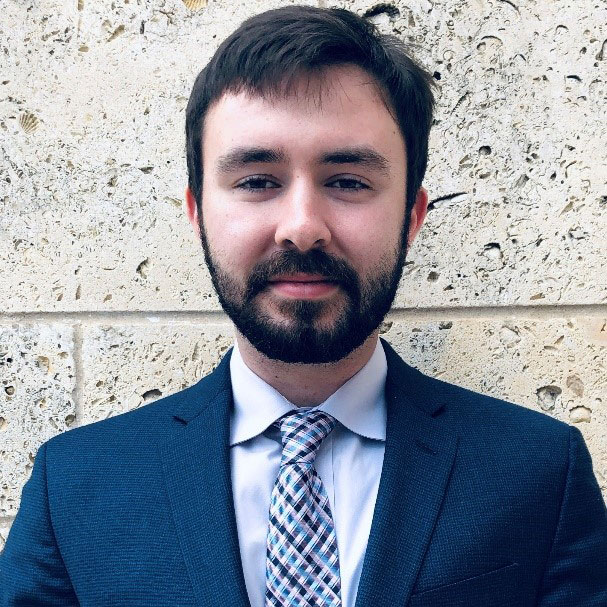
What Does a Master’s in Finance Teach You?
Noah Harness, Class of 2020
My biggest takeaway from the MSF program is my improved knowledge of statistical and quantitative methods and their applications to solving business and financial problems.
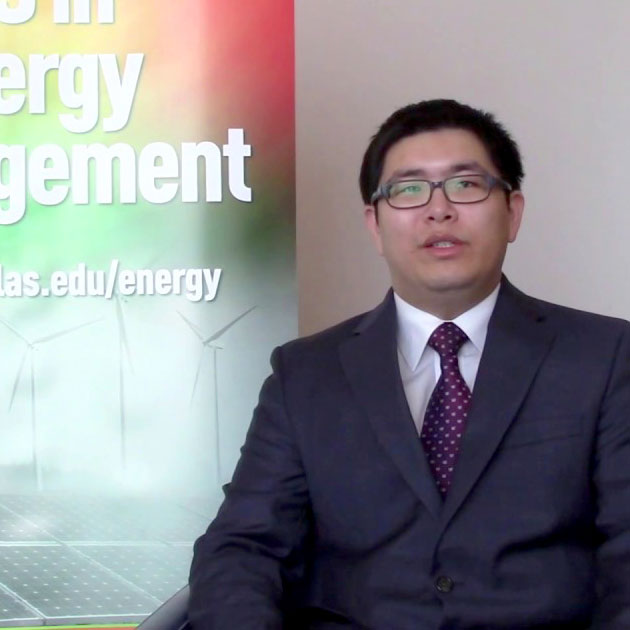
A Petroleum Engineer Who Found a New Path in Energy Management
We learned from the energy management course that a lot of economic things in finance about contracts and some technologies are related to the energy industry, including the solar, wind, oil and gas — even the nuclear energy.
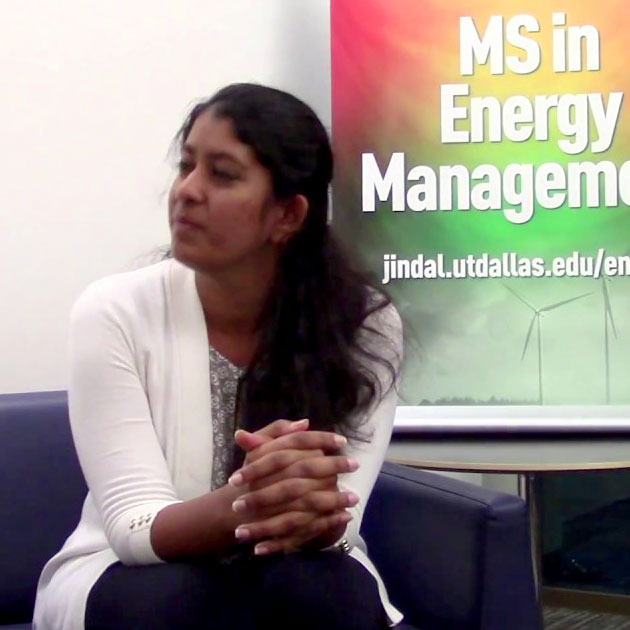
Learning From Site Visits to Solar and Coal Plants
We saw solar plants, coal plants, and we actually got lectures from people who are there inside. And you got a very good idea about how they run and a very practical approach, which was very important.
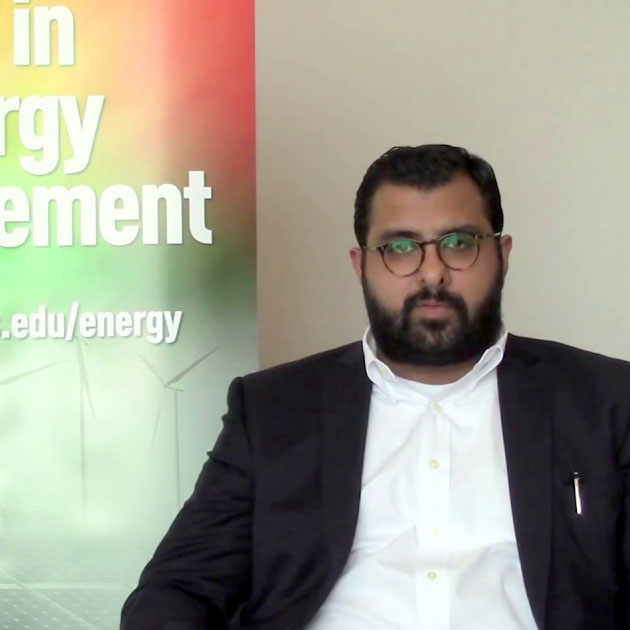
How a CEO Pitched to Wall Street Added Value to My Degree
As part of my degree, one of the electives that I took was energy economics. We got to see different CEOs and CFOs Wall Street pitch. We got to see their whole process.
Finance Articles

Working Full-Time While in the MS in Energy Management Program
Written by Dan Sibley
The program requires completion of 36 semester credit hours. The curriculum was designed to be completed in as little as 12 months (four courses per semester, including the summer semester).

Why a Global Perspective Is Important
Written by Stephen Molina
We strive to prepare our graduates to work for private energy companies and in governments to manage their assets.
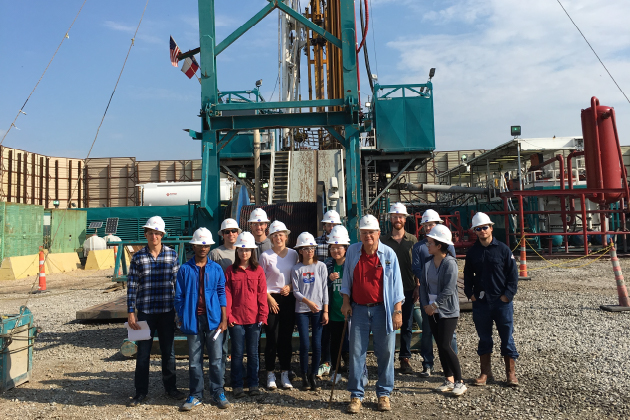
Benefits of Having Faculty With Industry Experience
Written by Stephen Molina
Texas boasts some of the largest energy-related companies in the world. The MS in Energy Management curriculum offers a practical learning component through projects developed by industry members.

Why Get a Master’s in Energy Management?
Written by Stephen Molina
The energy and power industries are global businesses with strategic assets in both developed and developing countries, and they require an international approach.
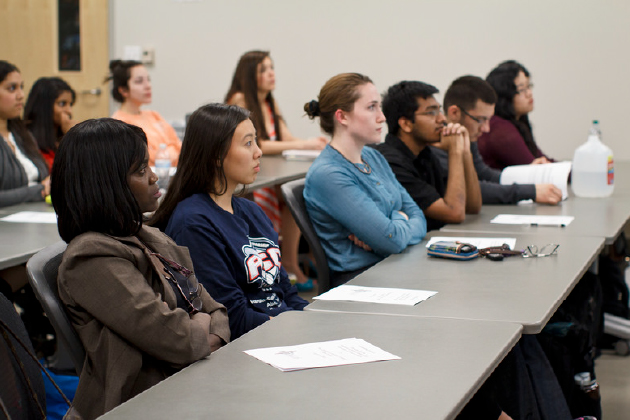
Professional Development Opportunities in Energy Management
Written by Dan Sibley
The program provides professional development opportunities through the student-run clubs, the Energy Association and the Association of International Petroleum Negotiators, and through a mentor program.
Finance Blogs & News
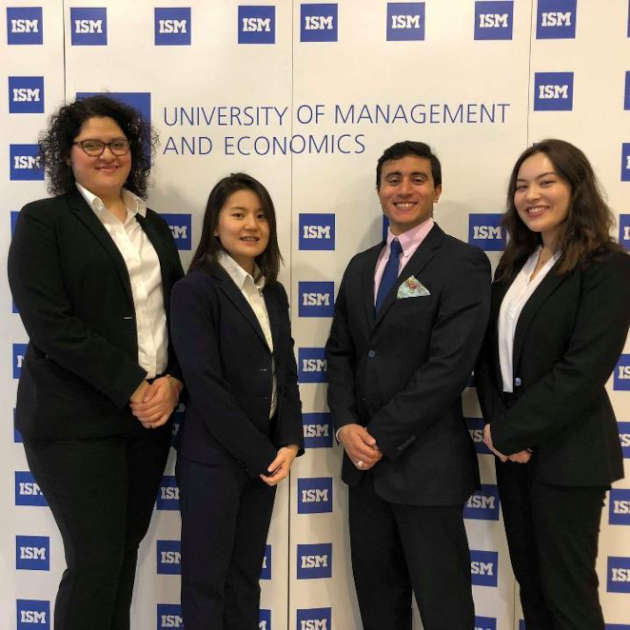
Team of JSOM Seniors Places Third in Global Social Business Competition
Two UT Dallas teams were the only U.S. competitors to advance to the finals of Creative Shock, an international social business case competition. One team, made up of four Jindal School seniors, placed third in the contest.
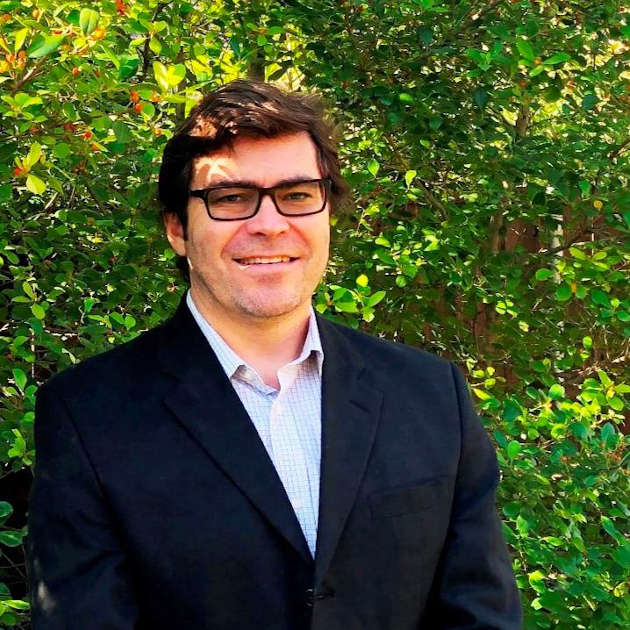
JSOM Pair Studies Motivations and Methodologies of Property Tax Protests
A study of property tax protests by a Jindal School professor, PhD student and a research associate examined the decision-making behind disputed tax bills. Their work looked at hassle factors, aids to effective protesting and more.

North Texas Quant Community Builds Momentum with Conference at Jindal School
The hallways of the Naveen Jindal School of Management were recently filled with an assembly of quants. The term, short for quantitative analyst, may sound futuristic, but it describes a growing profession in finance. Quants use mathematical models, statistics and computer programming to analyze markets, manage risk and build investment strategies. Nearly 200 people were […]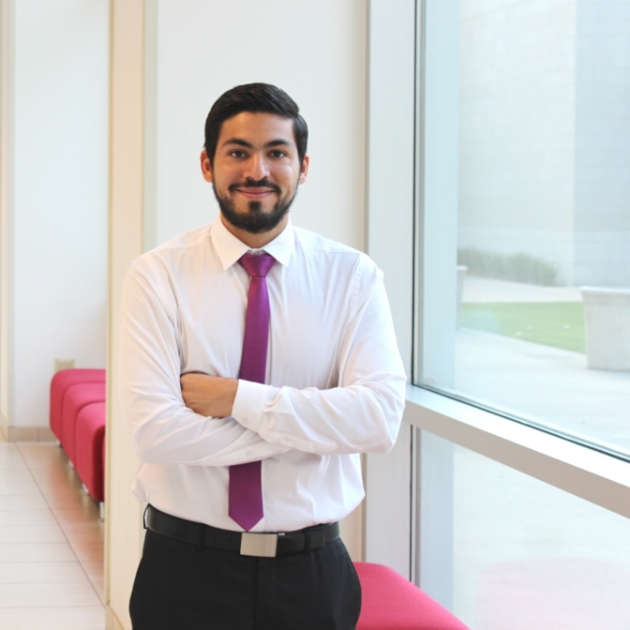
From South America to Texas, Finance Student Focuses on Making an Impact
Reputation, rankings and the Dallas Cowboys drew graduate finance student Sebastian Cadario to the Jindal School, where last summer he used his passions for math and helping people to aid contestants in the UT Dallas Top Trader Competition.

Reverse Career Fairs: All you need to know
We’ve all heard about regular career fairs, where you go to meet the recruiting coordinators from different companies, but have you heard of a reverse career fair? Instead of students wandering around waiting to talk to a recruiter, it’s switched.

Fernanda Muñoz’s Internship at Top Golf International
Fernanda Muñoz accepted an internship at Top Golf International to dive into the field of finance. In this interview, Fernanda shares details of her experience, including how essential it is to network.

Growth in Jindal School Real Estate Concentrations Mirrors Industry
In Jindal School Real Estate Concentrations, growth abounds. Dr. Randall S. Guttery leads courses whose enrollments have nearly quadrupled in five years, and he puts students, faculty and pros together to the benefit of all.
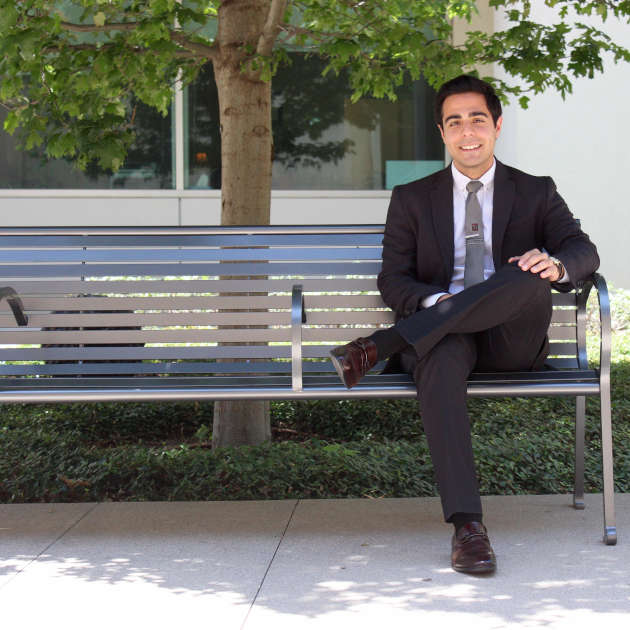
Policentric Revolutionizes Democratic Participation
Kamiar Kordi hopes to revolutionize politics by increasing awareness and connection between constituents and their representatives. In his interview, Kamiar shares how UT Dallas helped him reach for success and make a change.
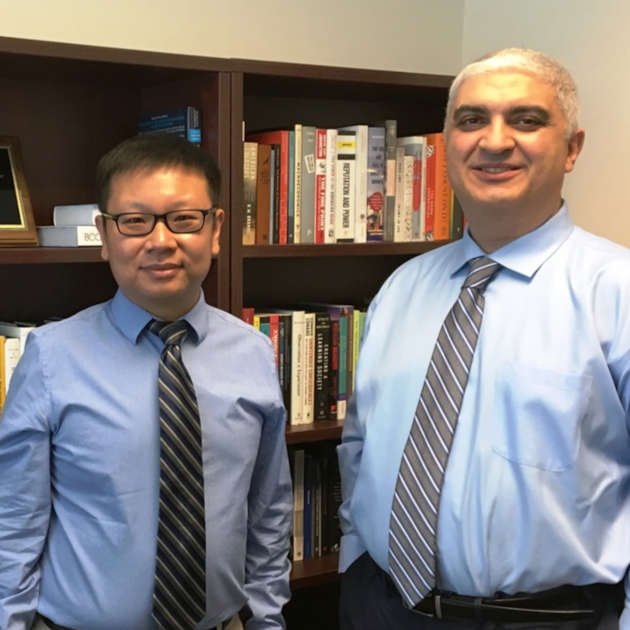
Two Finance Professors Win Top Crowell Prizes
Two JSOM finance professors have won first and third prizes in the latest Crowell Prize competition. The annual contest rewards forward-looking research that ties theory to practice in the field of quantitative investment management.
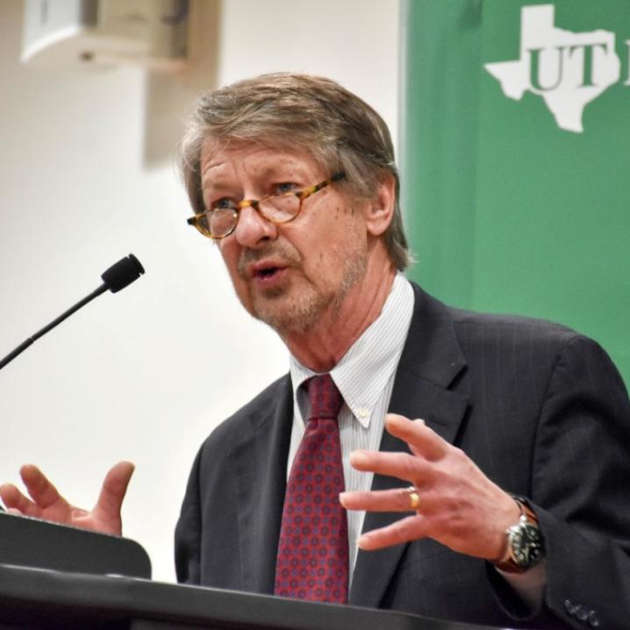
CAFÉ Hosts Evening With Political Satirist P. J. O’ Rourke
Veteran journalist and satirist P.J. O’Rourke offered a humorous but plain-spoken interpretation of economics for a students, professors and community members who attended a Jindal School event hosted by CAFÉ and featuring his latest book.

Disruptive Digital Technologies Drive the Need for Innovation
Recent disruptive digital innovations have changed the relative cost calculus and thus the best business structures and best business models in most industries. Digital transformation is underway.

JSOM Internship Expo Creates Opportunities for Students and Employers
The Jindal School’s Undergraduate Internship Expo brought together 1,500 students and recruiters from more than 50 companies. The expo helped students practice networking skills, and it helped employers find students to fill internships.
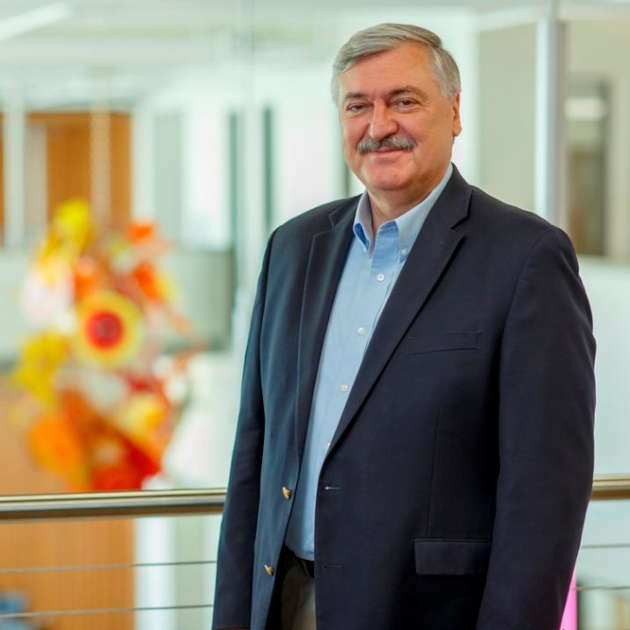
A Message from Jindal School Dean Hasan Pirkul
Jindal School Dean Hasan Pirkul reaches out to students, faculty, staff, alumni and supporters with an update on the state of the school as classes resume following spring break and during the coronavirus outbreak.
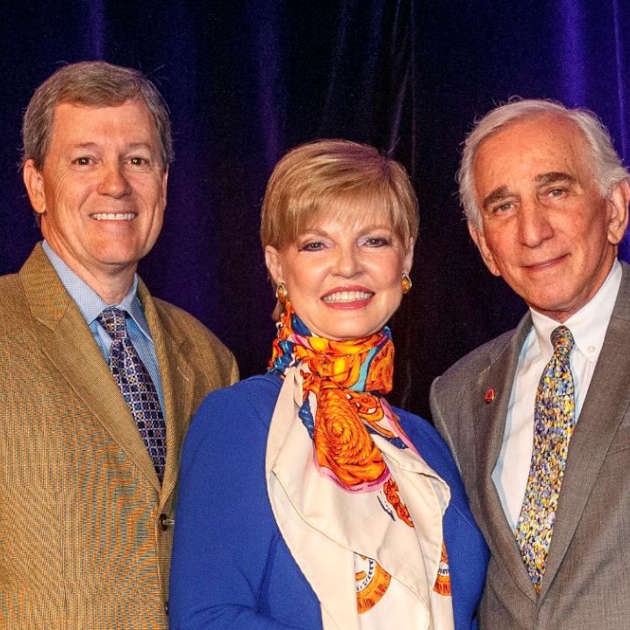
Jindal School Dean Names Director of New Weitzman Institute
Jindal School Dean Hasan Pirkul has appointed Dr. Randall S. Guttery director of the new Herbert D. Weitzman Institute for Real Estate. The institute has been created thanks to a generous gift from real estate icon Herb Weitzman and his wife, Donna.

Texas Business Hall of Fame Scholarship Winners Born Into Entrepreneurship
Three Naveen Jindal School of Management graduate students have been chosen to receive Texas Business Hall of Fame Foundation scholarships this year. Kiran Devaprasad, Brian Harris and Kamiar Kordi each are to be awarded $15,000 at an Oct. 27 gala.
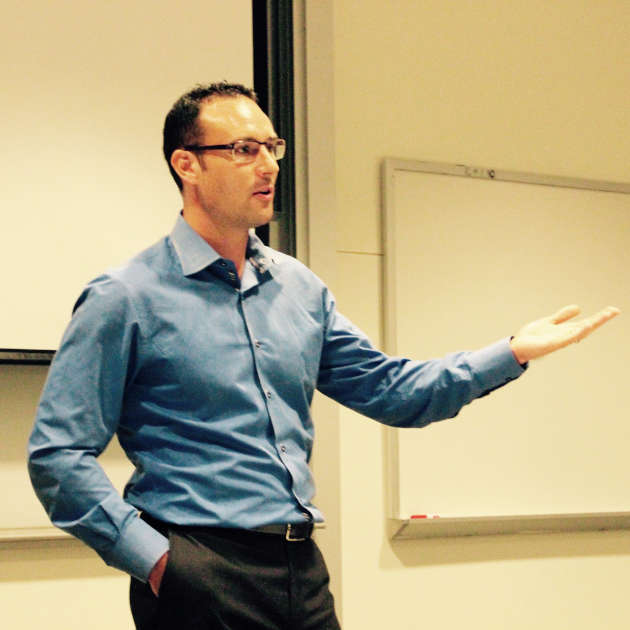
Introducing the CMA Review Course
The Jindal School introduces the first Certified Management Accountant (CMA) review course of its kind. Read more about the details of the course and how it can accelerate your career in accounting.

Jindal School Launches New Business Economics Concentration
Graduates with analytical and applied business skills in fields including finance, banking, planning and management are in demand, which is one reason why Dr. Peter Lewin is starting a new undergraduate concentration in business economics
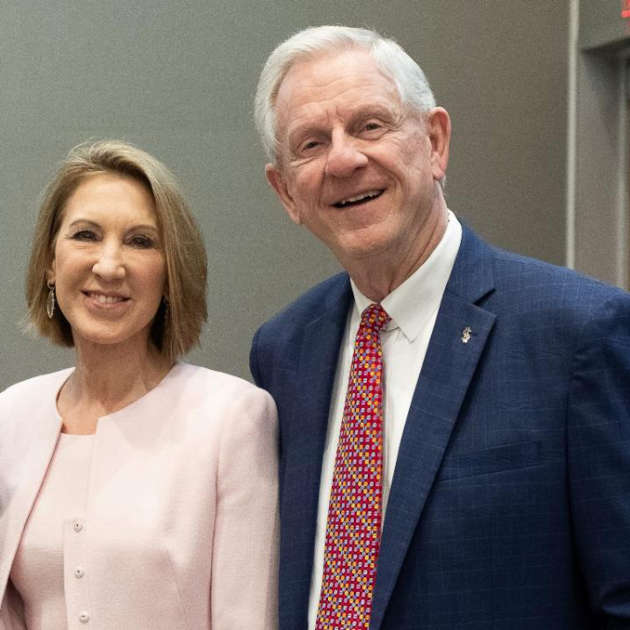
Leadership, Debt and ‘Trumponomics’ Top Topics at IECG Conference
Headliners at JSOM’s Institute for Excellence in Corporate Governance annual conference included former Hewlett-Packard CEO Carly Fiorina and Federal Reserve Board nominee Stephen Moore.
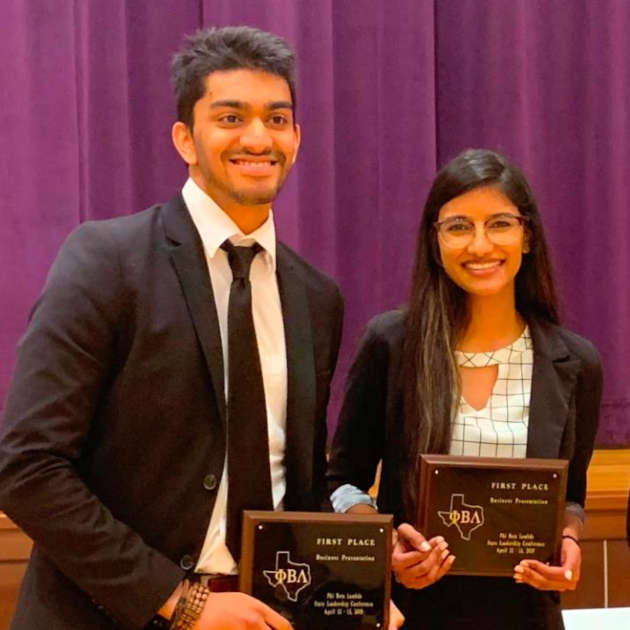
Phi Beta Lambda Turns in Strong Performance at Texas State Leadership Conference
Based in the Naveen Jindal School of Management, the UT Dallas chapter of the student organization Phi Beta Lambda brought home 26 first-, second, and third-place awards from the Texas State Leadership Conference.

Student Spotlight: Madison Hill
Madison Hill is pursuing a Bachelor of Science in Healthcare Management and a Bachelor of Science in Finance double-major and she is expected to graduate May 2026.
See more Graduate Finance Blogs and News Stories
Finance Program Resources at the Jindal School
Academic Programs – Primary
The finance area offers one bachelor’s, three master’s and one PhD program.
Academic Programs – Additional
The finance area also offers accelerated pathways to adding more degrees as well as areas of concentration.
Faculty and Community Activity
Discover how finance faculty are researching, publishing, speaking and engaging in the business community.
Career, Certificates and CFA Exam Prep
Find out about the career resources available to you as a finance student and learn more about the CFA exam and how the Jindal School prepares you for it. There are also two academic certificates for graduate students that anyone can apply for.
